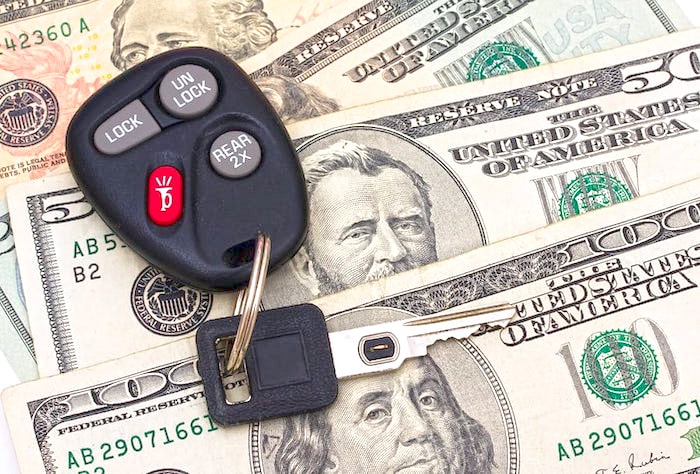A deductible is money that you owe to the insurance company. You have to pay a deductible to receive the car insurance payout. The deductible is paid out-of-pocket, and you are solely responsible for it. That insurance coverage is what you use to cover the repairs for the damages to your car. The deductible is only a small percentage, and that percentage is relative to your auto insurance company. You only pay for it when there are damages to your car or file any other insurance claim. It is not a yearly payment.
The cost of the deductible depends on your type of coverage, but the nature of the deductible stays the same. In all cases, a deductible determines the price of your premium, and you pay it out of pocket before the auto insurance pays the rest. This holds true for comprehensive and collision coverage.
How Do I Save Money On An Insurance Deductible?
The deductible is directly tied to your insurance premium. If you choose to pay a higher deductible, then your insurance premium lowers. A deductible should be balanced enough to make your car insurance premium affordable, but it should not be too high to pay on a moment’s notice. Being unable to afford your deductible means that your damaged car sits in the shop, and you are without a vehicle!
Another smart way to save money on an insurance deductible is to choose a higher deductible, lower your premium, and put the extra money into a savings account. This means that, in the event of an accident, you already have the deductible on hand. Since you have been paying a lower premium and putting the saved money into an account, you do not have to worry about the cost of the deductible. This is a safe fallback method if you cannot afford a high premium or a high deductible.
What If My Deductible Is Higher Than The Cost Of The Insurance Claim?
The insurance company only pays for damages above the amount of the deductible. This is the flaw in having a higher deductible. Smaller insurance claims are not covered if your deductible is too high. A $500 claim with a $1,000 deductible is not covered by your insurance company, and you will have to pay for the claim out of pocket. An even bigger flaw is that, if you file a claim, the cost of your car insurance premium may still go up.
When choosing a deductible, it should not exceed the costs of your car. Having a cheaper car cancels out the benefits of a high deductible. Paying a $1,000 deductible on a $1,000 car makes no sense, and it does not save you money.
Do I Have To Pay A Deductible For Every Claim?
You do not have to pay a deductible for every claim. A special case includes an accident that is the other driver’s fault. You do not have to pay a deductible for another person’s liability, and their car insurance company should be the ones paying for the damages. Another case would include another driver filing a liability claim on you. There is no deductible for liability claims, even if they are filed against you. Some state laws also allow you to have no deductible at all. Filing a claim would cost nothing to you, but your premium may be excessive.

